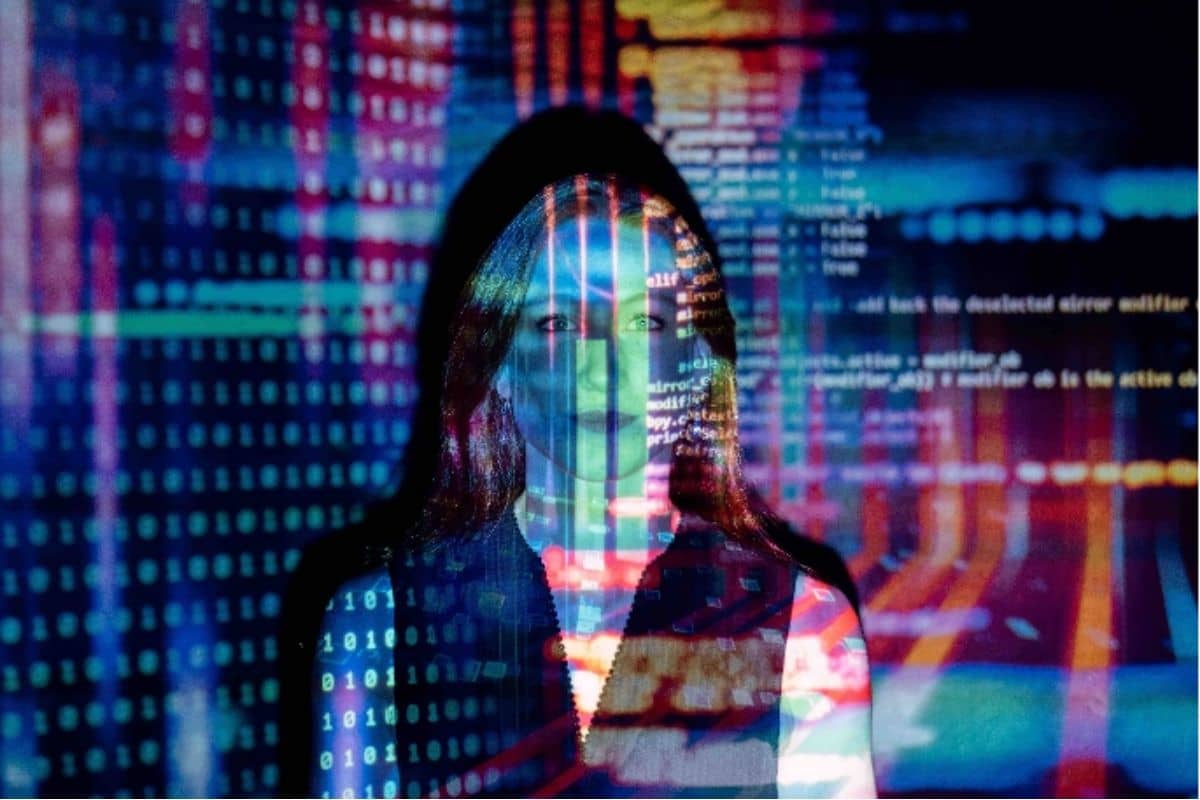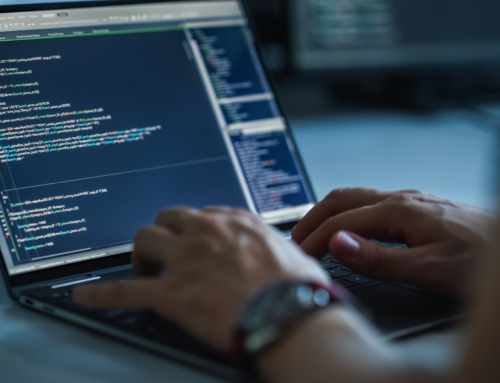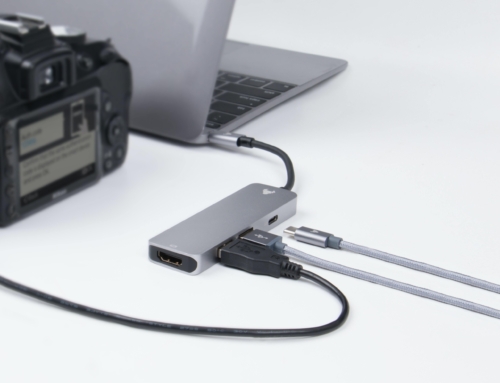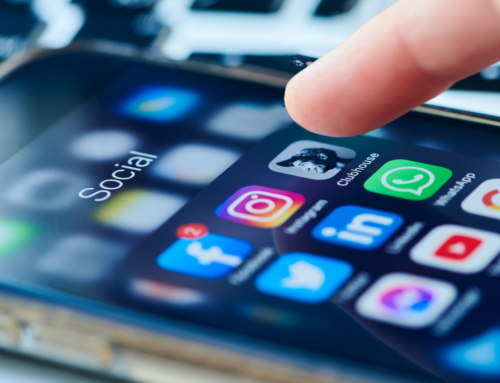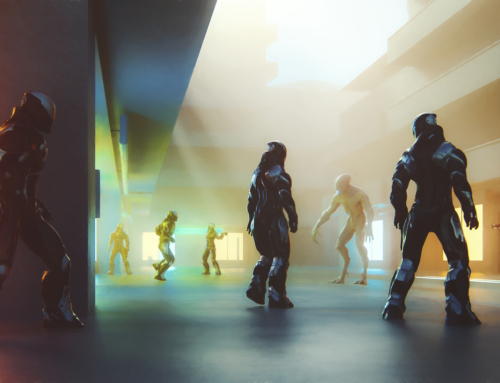Coders go beyond the textbook definition of computer science to dive into what it really means.
When Naomi Freeman began coding, she didn’t learn in the traditional sense. She worked an administrative position at a hospital focusing on volunteer resources where she faced challenges like typing in 1,500 applications into a database every four months.
With a background in creative writing and philosophy, Freeman hadn’t taken on coding in a formal setting. But she was determined to find a way to optimize her work while spending more time with volunteers, so she took up JavaScript workshops in her community. From there, she went on to an apprenticeship Bootcamp and gained some experience. Then it happened.
One fateful day she got a message from Google Waterloo. Though a bit skeptical at first, she followed up with the initial message, which led to an invitation to the Google Hackathon. Surprised, she accepted the invitation and the event turned out to be a defining moment for her.
“(In the hospital) the filing cabinets are all gray, the processes are slow. And I got to go on this bus and go down to Google Waterloo. There were whiteboards on the walls, and everyone’s fixing things and making solutions,” says Freeman. “I was like, wow, I want to do this.”
Now Freeman is the Leadership Fellow, Data Science Blockchain Communities for Women Who Code and an AI Engineer/CEO for her company Naomi Freeman Consulting.
As Freeman and other coders explain, coding isn’t limited to sitting at a computer all day, typing away on a computer program to create a website or app. Like all fields, it goes beyond its cookie-cutter definition to truly embody a unique experience for each individual.
While for Freeman, coding serves as a tool for her to accomplish anything she sets her mind to, Stanford graduate student Joy Hsu sees it more as a way of finding a shortcut to a very complex problem.
Deborah Singer, Chief Marketing Officer of Girls Who Code, a nonprofit organization with the goal of increasing the number of women in computer science through education, defines it a bit differently as well. She explains coding as a way for people to create a world that they want to see.
“Girls can create social justice apps, 3D print masks in a pandemic, go to the moon, even create art,” says Singer.
Learning How to Code
Hsu learned to code in a high school club. She started to look up tutorials and developed an interest in it, but she wasn’t certain until her freshman year in college. Hsu attended the UC Berkeley AI Hackathon and, similarly to Freeman, found her passion for coding there.
“I made this really cool robotic sketch artist that took a picture of you and used different motors and automated mechanisms to sketch out a picture of you on an art easel, completely automated,” says Hsu. “It was really cool because I enjoyed the process of building and also everyone loved it.”
A long line of people waited to see the product and Hsu said it was a rewarding experience for her — many were interested in the solution she had worked on.
While in-person hackathons may currently be on a pause, virtual offerings are still available. At Girls Who Code, Singer explains that they offer a multitude of virtual options to address COVID-19. Girls Who Code launched new virtual programming, including free Code from Home activities.
“We’ve pivoted all our programming to virtual, whether it’s our Summer Immersion Program for high school girls, our after-school Clubs for 3rd-12th graders, or our college programming to build sisterhood at universities,” says Singer.
Dispelling the Myths of Computer Science
As a field that requires people to learn new languages — Python, JavaScript, C++ — it may seem like coding is far too difficult to learn. But Hsu reassures people that while it seems a bit daunting, starting off slowly helps.
“I’m 100% confident that everyone has what it takes to be a computer scientist if they really wanted to do it,” says Hsu.
Another misconception that’s often associated with coding is the stereotype of the “lone genius coder” which assumes that people in tech are antisocial and type away in a dark basement or another cryptic location.
Freeman easily dispels this myth through her work, which she says is creative. Coders are giving and taking knowledge from one another, Freeman explains, and they are genuinely interested in your work.
“At the end of the day, you’re almost never coding alone, you’re pairing with people, you’re talking to the product, you’re talking to designers, you’re passing things back and forth for code reviews,” says Freeman.
The Most Important Part: What is Coding?
The most important part when diving into the computer science field is making sure that you explore a variety of subfields while also searching for your sense of community.
For women, in particular, finding a sense of community in the tech industry can be a challenge. According to a report between Accenture and Girls Who Code, 50% of women who are in an industry role drop it by the age of 35, compared to approximately 20 percent in other fields.
However, this issue can be remedied both through group action and personal perseverance. Girls Who Code is focusing on this issue by emphasizing that an inclusive environment is needed for everyone to thrive.
“We want our girls to know that they can do anything that they set their minds to. For employers, that means using diverse hiring strategies, increasing representation, and ultimately creating a safe space for girls to prosper,” says Singer.
For Freeman and Hsu, this obstacle is being overcome by personal resilience and mentorship.
Freeman’s first tech job didn’t pan out as she’d originally anticipated. She was the only woman on her floor and often felt alone. Often she started to doubt herself and her skills.
“If you consciously say, ‘There’s no one else on the floor that looks like me. So it must be me. Everyone else seems to be doing a good job. And I don’t feel like I’m doing a good job,’ then you’re personally attributing it,” says Freeman. “It took me some time and some experience to unlearn that.”
Freeman started to attend meetups for women in business and social enterprise spaces. Eventually, with experience, she came to find that she preferred infrastructure and logic rather than working on the front end. Freeman encourages people to explore different subfields if you feel like it might not be the right fit.
“You don’t have to just go be an engineer at a company, you can learn some coding and bring it back to the work you’re doing. But if you’re really interested in going to a company, lead with what you do have to offer,” says Freeman.
Hsu felt similar feelings of doubt while attending Stanford University as an undergraduate student. Compared to the rest of her peers who were, “insanely good” she says she felt like she wasn’t as skilled. To become better, she began to attend office hours and learned from teaching assistants who taught her the fundamentals.
“Because I had this really wonderful female mentor, I felt like I was more able to show my vulnerability and in doing so, I was able to catch up,” says Hsu. “Honestly, she probably changed my life.”
With a support system and an interest in computer science, any obstacles in coding can be overcome. Each coding journey may differ a bit — whether traditionally or non traditionally learned — but just learning about people’s experiences makes this complex and mysterious concept more familiar and clear.
Coding is more than its textbook definition and when you take a look at what it offers, it can be the field for so many.

Sophia Acevedo
Sophia Acevedo is a journalist based in Southern California. She is a 2020 graduate from California State University, Fullerton, and a proud Daily Titan alum.

